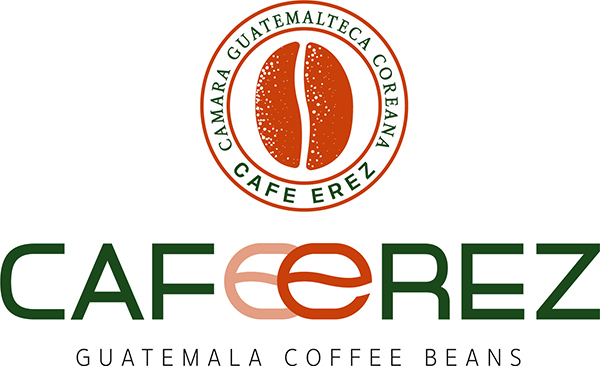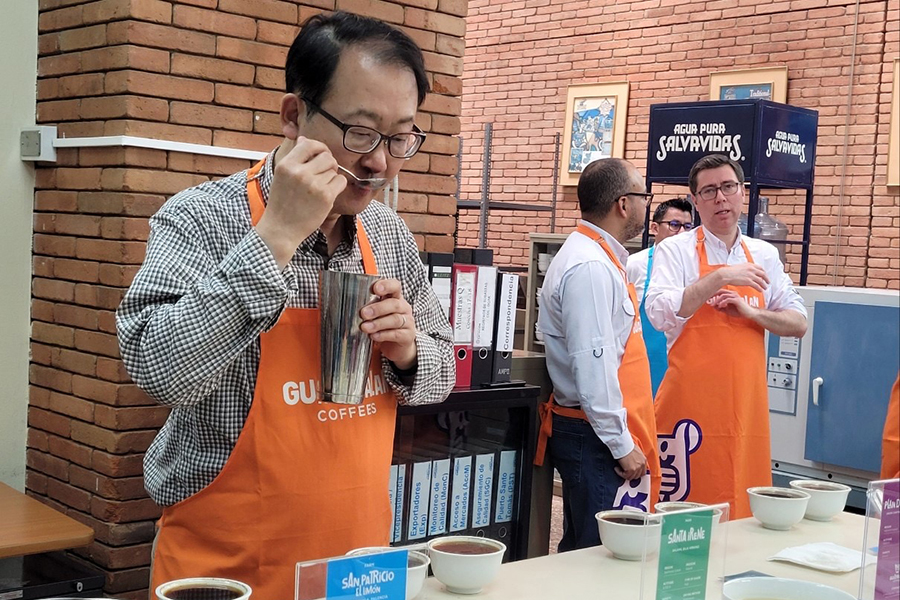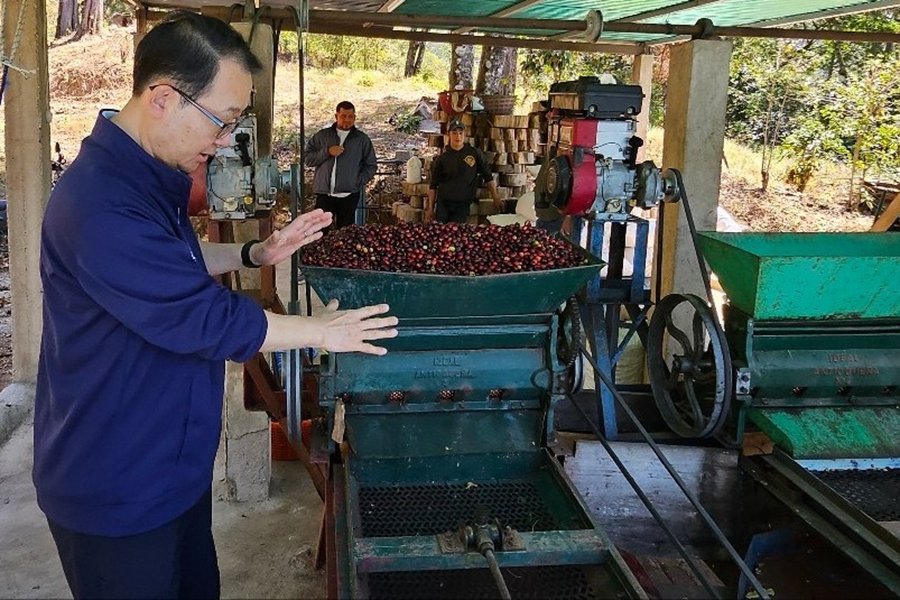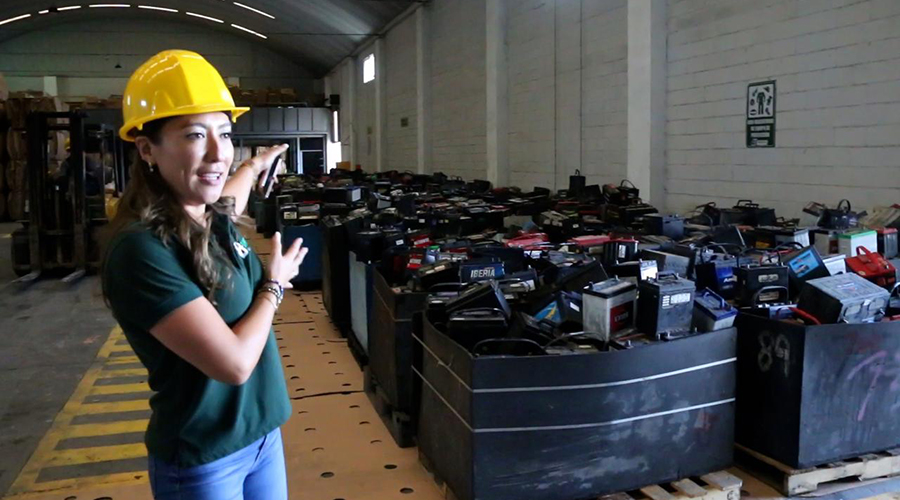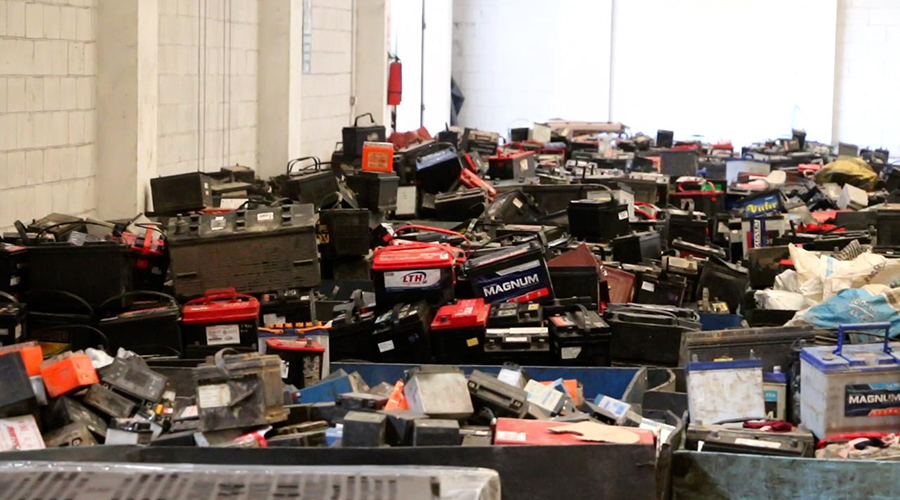Success Story
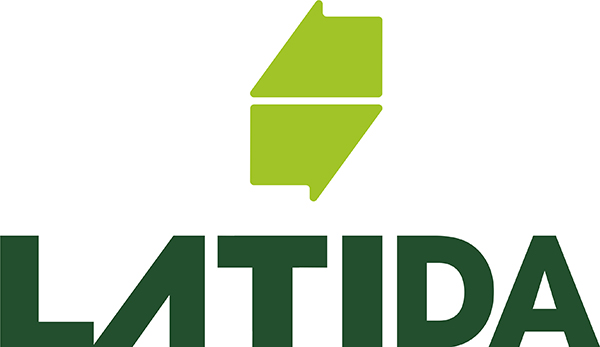
Step into the world of Juan Juwon Sul, the visionary CEO driving the success of LATIDA,
a fruit and food importing and distributing powerhouse in Korea.
With roots tracing back to his upbringing in Chile,
Juan brings a unique perspective and a wealth of experience to the table.
Juan unveils the journey that led him to the forefront of Korea's import industry,
offering invaluable lessons for aspiring entrepreneurs.
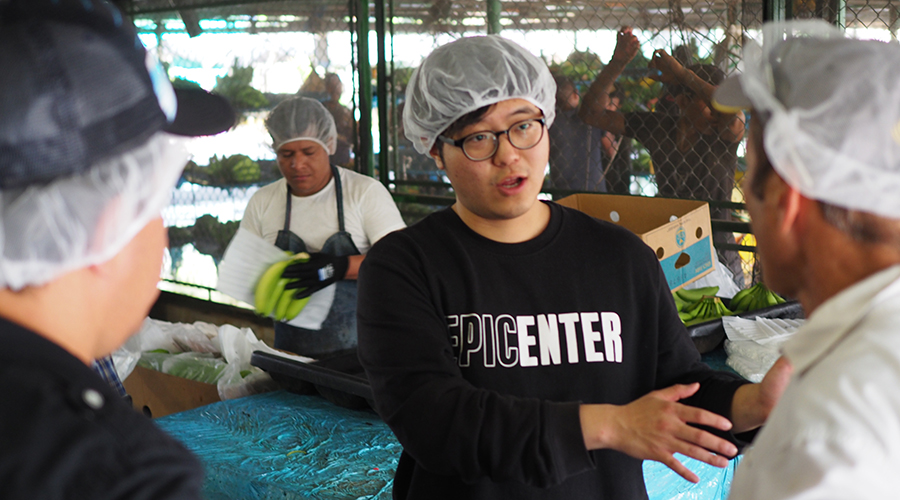
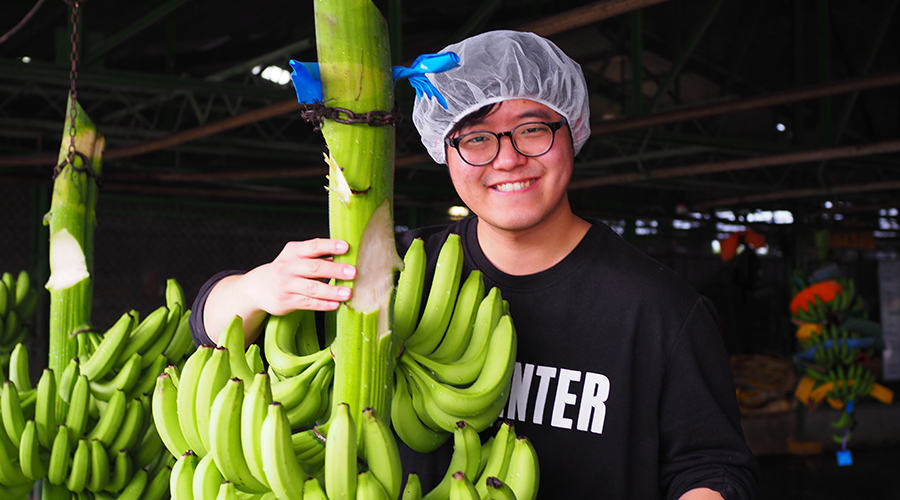
Q. Please introduce your company.
LATIDA, short for La Tierra Prometida (The Promised Land), is committed to building a sustainable trading system that benefits growers, exporters, and importers alike. Rather than simply facilitating transactions, we empower our exporters with market insights and years of sales data for the target product, ensuring a shared understanding and seamless collaboration.
Recognizing the untapped potential in importing fruits and vegetables from Latin America, LATIDA saw an opportunity in bridging the gap between the limited number of ROK importers and the strong interest from LAC exporters in entering the ROK market.
Since its inception in 2021, LATIDA has forged strategic partnerships with key players in Korea, including Starbucks, Coupang, and Baemin.
Q. How has your company’s trade experience with Central America been?
LATIDA has been importing a diverse range of fruit, animal, and vegetable products from Latin America and the Caribbean, with a particular emphasis on fruits such as bananas and pineapples.
Regarding bananas, the ROK market had traditionally been dominated by products from the Philippines, which accounted for 99% of the market share until recently. However, ROK consumers have increasingly recognized the exceptional quality of bananas from the LAC region. This shift has allowed Latin America and the Caribbean to establish a strong foothold, capturing approximately 30% of the market. Many clients now exclusively seek bananas from LAC, citing their superior taste—sweeter and less bitter when not fully ripened.
In 2022 and 2023, LATIDA successfully imported a total of 300 containers of bananas, primarily sourced from Colombia. Additionally, LATIDA imported 4 containers of pineapples from Panama in 2022.
Q. What are the factors you consider important when identifying potential suppliers or exporters?
The creditworthiness of a supplier and the reliability of their product quality are the foremost criteria when selecting a partner. At LATIDA, we prefer to be introduced to new suppliers through trusted existing partners and conduct thorough due diligence to assess the reputation and credibility of potential suppliers. Moreover, we recognize that international business thrives on strong relationships, and fostering genuine connections and trust is essential for establishing long-term, successful partnerships.
Q. Have you received any external support when exporting Central American products?
From trade promotion agencies in Latin America, such as Embassy of Guatemala, ProColombia, PromPeru, LATIDA received budgetary support for the trips to the region, particularly for flights and accommodations costs. Also, LATIDA received invitations to participate in their online and offline trade expo and exhibition events.
Q. What challenges have you faced when importing products from Central America to Korea?
The most significant challenge in importing fruit lies in the long transit time from Central America to the Republic of Korea. Even the shortest route takes at least 23 days, with potential delays due to various factors, such as extreme drought in Panama and the reduced number of daily ship transits through the Panama Canal.
Given that quality inspections typically occur about a month after shipment, any issues that arise can take a considerable amount of time to resolve. Therefore, it is crucial to work with the right partner who can ensure the integrity of the entire export process and maintain consistent product quality.
Q. Given the current banana and pineapple market situation in Korea and Central America, how do you foresee supply and demand trends in the short term?
Bananas from Latin America are anticipated to gradually increase in volume, despite a potential dip in 2024 due to the reduced transit times at the Panama Canal. In early 2024, shipping lines such as Maersk temporarily suspended routes passing through the canal, causing producers on the Atlantic side to miss the peak consumption season in Korea, which runs from February to May. However, if the upcoming rainy season can restore conditions to pre-drought levels, it is expected that imports from Latin America to Korea will steadily rise in the near future.
Regarding pineapples, one of the main challenges lies in the rotting of the crown area, which remains a significant risk when importing pineapples from Central America. Unless a new product or packaging solution is developed to extend the shelf life of pineapples, it may become increasingly difficult to maintain a steady supply of pineapples from Latin America to Korea due to the long distance and potential spoilage.
Q. Do you have any advice for Central American companies looking to export to Korea?
Korea is a very picky market with a strict quality standard, where maintaining consistent product quality is of paramount importance. Although it presents challenges for businesses, it also offers substantial rewards for those who succeed in building a strong brand reputation. Companies that can meet these high expectations are well-positioned to thrive in this competitive market.
Contact Information
- Company : LATIDA
- Name : Juan Juwon Sul (CEO)
- Webpage : https://www.latidaglobal.com
- Email : juanito@latidaglobal.com
